Breaking
- MENU
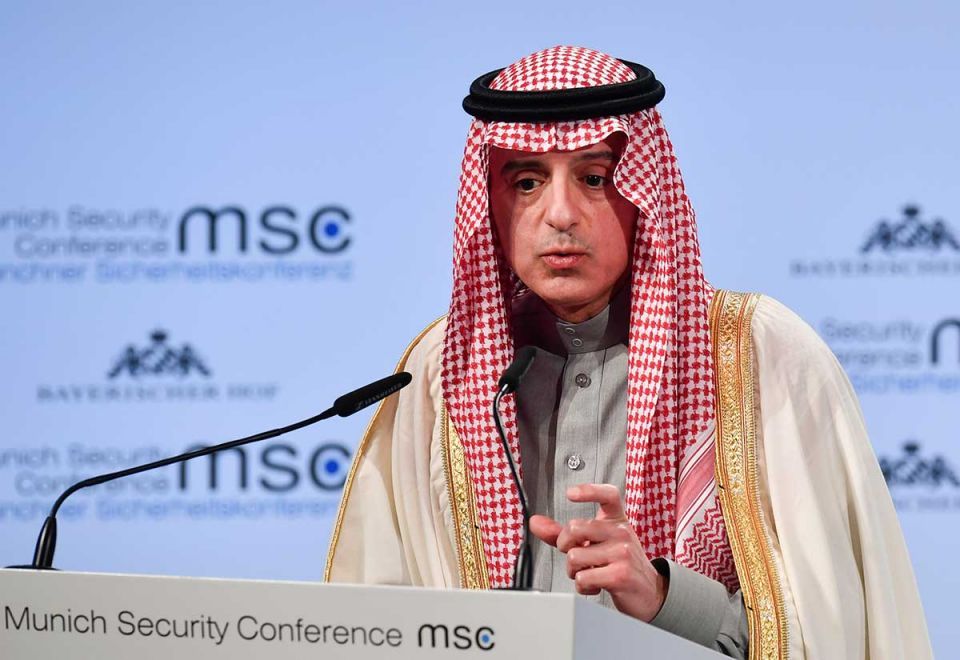
During his speech at the annual Munich Security Conference in February, Saudi Minister of Foreign Affairs Adel al-Jubeir remained curiously silent about one significant issue – the Israeli-Palestinian conflict. The same silence prevailed a month earlier in the World Economic Forum in Davos, as al-Jubeir made no mention to the conflict during an hour-long panel discussion. This silence is seemingly part of a concerted effort by the Saudi Minister to downplay concerns about Israel at global summits. For example, last year in Davos and Munich, Minister al-Jubeir simply stated that “progress can be made” between the Israelis-Palestinians and that “we just need the political will to do so,” whereas during his 2015 and 2016 United Nations General Assembly speeches he specifically mentioned the “suffering” of the Palestinian people.
This rhetorical shift begs the question. Why has Saudi Arabia sought to deemphasize its concerns over the Israeli-Palestinian conflict? To answer this question, one need only look at the two topics that Minister al-Jubeir does consistently mention.
In recent international speeches, Minister al-Jubeir has primarily discussed Iran’s aggression in the Middle East, its support for terrorism, and desire to “export” its 1979 Islamic Revolution to other countries. He also mentions his country’s efforts to diversify from an oil-based economy towards seeking global investments and to empower its young population. Polling data suggests that the Saudi public also share these concerns. For example, a 2015 survey by the Interdisciplinary Center in Herzliya found that 53 per cent of Saudis believe Iran to be their main adversary, and only 18 per cent felt that Israel was their chief rival. Also, a January 2018 survey by Ipsos Public Affairs found that the top concerns among the Saudi public are taxes, unemployment, jobs, and education.
Despite this recent silence, Saudi Arabia has long stated that it will not normalize its relationship with Israel until significant progress has been made towards a two-state peace agreement. The international community has taken the Saudi position at face value, however we believe that this assumption could be proven wrong because Saudi Arabia may soon need Israeli support both economically and against Iran.
On the economic front, Israel can provide unparalleled assistance to help Saudi Arabia diversify its economy. For example, Saudi Arabia is seeking increased foreign investment, and Israel has the largest, and most developed, venture capital infrastructure in the region. Israel has also developed technologies in many useful areas such as water, agricultural, energy and cyber security. As such, Saudi Arabia may soon need Israeli partnership to help diversity and reinvent its economy. Importantly, Israel also stands to benefit from a potential economic partnership with Saudi Arabia. As just one example, Saudi Arabia has recently allowed Air India to fly over its airspace to Israel, and in the future could allow Israeli airlines the same opportunity.
More significantly though, Saudi Arabia and Israel agree that Iran’s expanding influence and nuclear ambitions present a direct threat to their most vital interests and even to their very survival. Until now, Saudi Arabia has been losing ground to Iran in Syria, Lebanon and Yemen, and may soon need Israel’s assistance to push back these Iranian gains. Israel understands this and has previously offered to exchange intelligence information with Riyadh. Saudi Arabia has allegedly sought to purchase Israeli anti-missile technology in the past. Finally, should direct military confrontation be necessary, Saudi Arabia knows that Israel is the only regional state with the air force and missile capabilities required to successfully strike Iranian nuclear facilities.
At this time, Saudi Arabia has no official diplomatic relationship with Israel, continues to publicly support the Palestinian cause, remain one of the largest financial contributors to Palestinians and supports a fully independent Palestinian state based on the pre-1967 borders. However, as Saudi concerns about the economy and Iran continue to grow, and because Israel remains uniquely positioned to provide necessary assistance on both issues, perhaps past assumptions will be proven wrong and a normalized relationship can develop without an Israeli-Palestinian peace agreement.
____________________________
As part of its editorial policy, the MEI@ND standardizes spelling and date formats to make the text uniformly accessible and stylistically consistent. The views expressed here are those of the author and do not necessarily reflect the views/positions of the MEI@ND. Editor, MEI@ND: P R Kumaraswamy
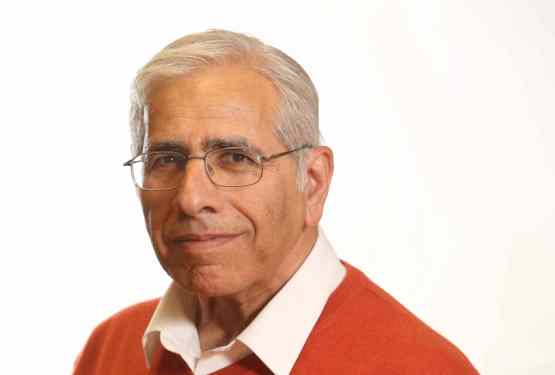
Professor Zaki Shalom is a member of the research staff at the Institute for National Security Studies and the Ben-Gurion Research Institute at Ben-Gurion University. He has published extensively on various facets of Israel's defense policy, the Arab-Israeli conflict, and the role of the superpowers in the Middle East, and Israel's struggle against Islamic terror. His work has also focused on the study of Israel's nuclear option, both in historical and contemporary perspectives.

Research intern at the Institute for National Security Studies. He primarily researches Israel-United States relations. Prior to serving in this position, he worked as a political and elections attorney in San Francisco where he counseled candidates, officeholders, businesses, committees and nonprofits.

A Financial Action Task Force (FATF) report criticizing Saudi Arabia’s anti-money laundering and terrori.....
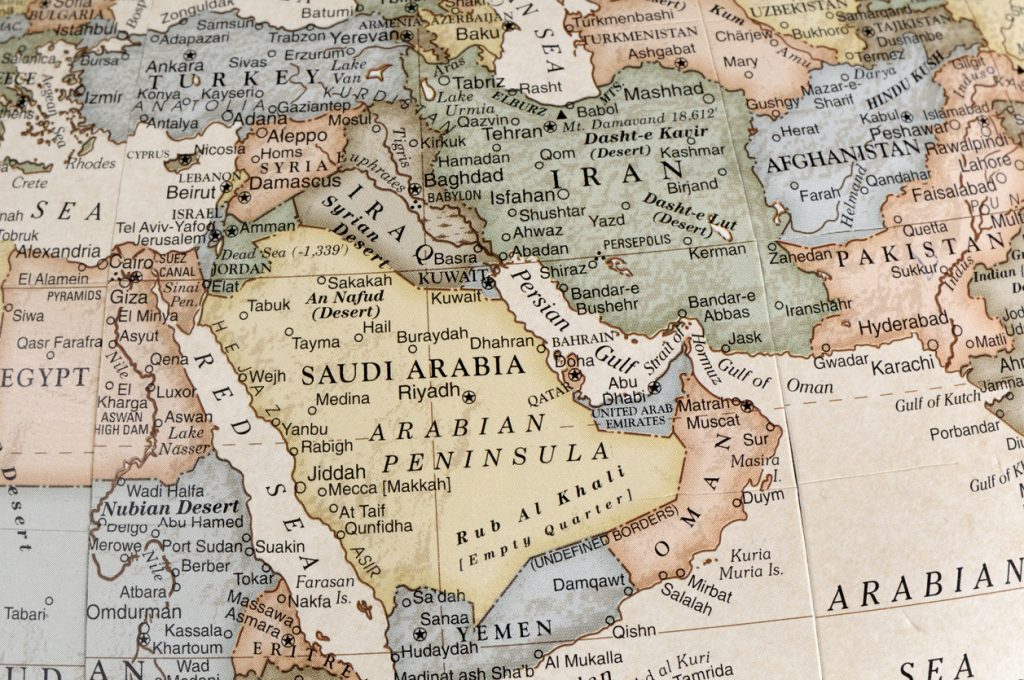
With multiple Middle Eastern disputes threatening to spill out of control, United Arab Emirates minister of st.....
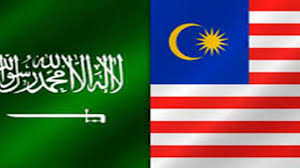
Embattled former Malaysian Prime Minister Najib Razak was the main loser in last month’s elect.....

On the mid-night of 24 June, streets in Saudi Arabia witnessed a celebration of sorts, not revolutio.....
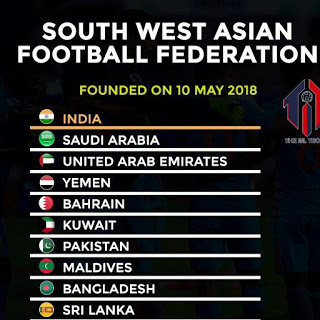
Saudi Arabia’s bitter rivalry with Iran has spilled onto Asian soccer pitches with the newly c.....

A controversy in Algeria over the growing popularity of Saudi-inspired Salafi scholars spotlights the risk gov.....
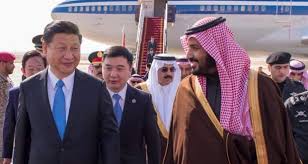
Subtle shifts in Chinese energy imports suggest that China may be able to exert influence in the Middle East i.....
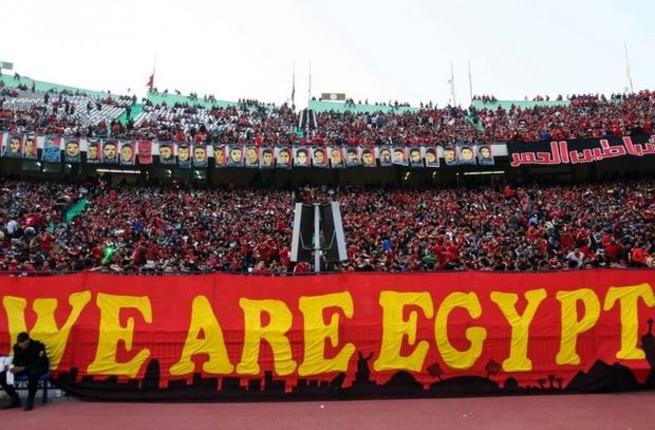
Egyptian general-turned-president Abdel Fattah Al-Sisi won a second term virtually unchallenged in what is wid.....
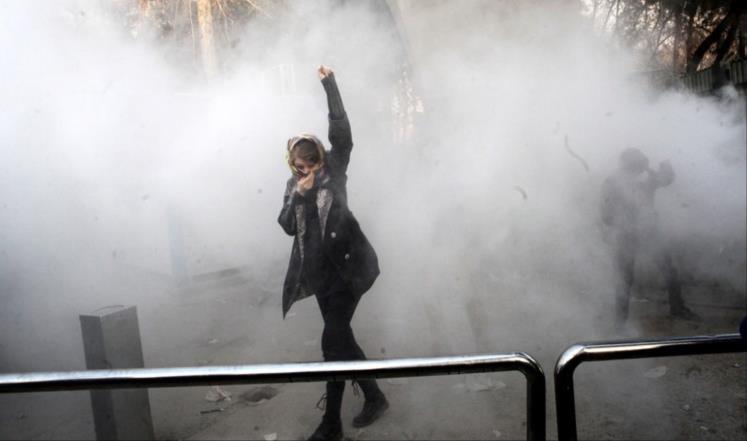
Protests have erupted in Iran’s oil-rich province of Khuzestan barely three months after the Islamic rep.....
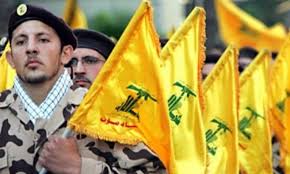
The recent violation of Israel’s air space by an Iranian drone and Israel’s retaliation against Sy.....
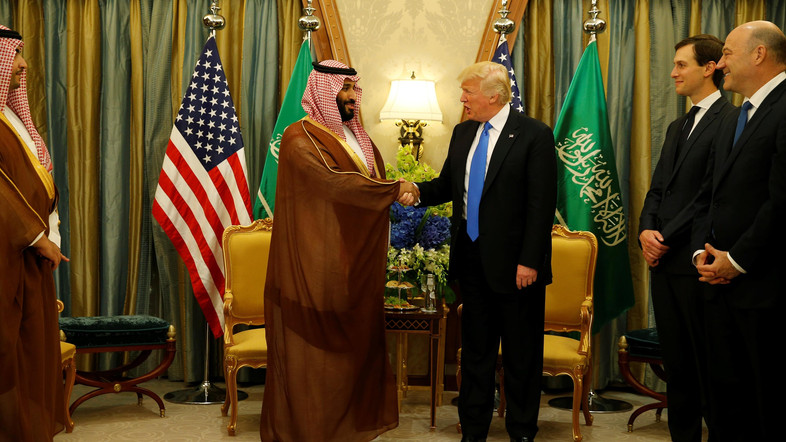
Saudi Crown prince Muhammad bin Salman’s visit to the United States of America to celebrate the 75th ann.....

Saudi Arabia, in an indication that it is serious about shaving off the sharp edges of its Sunni Muslim ultra-.....
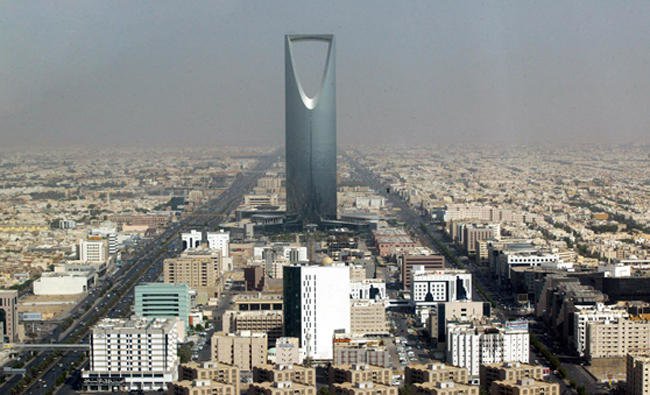
A Saudi draft law could constitute a first indication that Crown Prince Mohammed bin Salman’s vow to ret.....
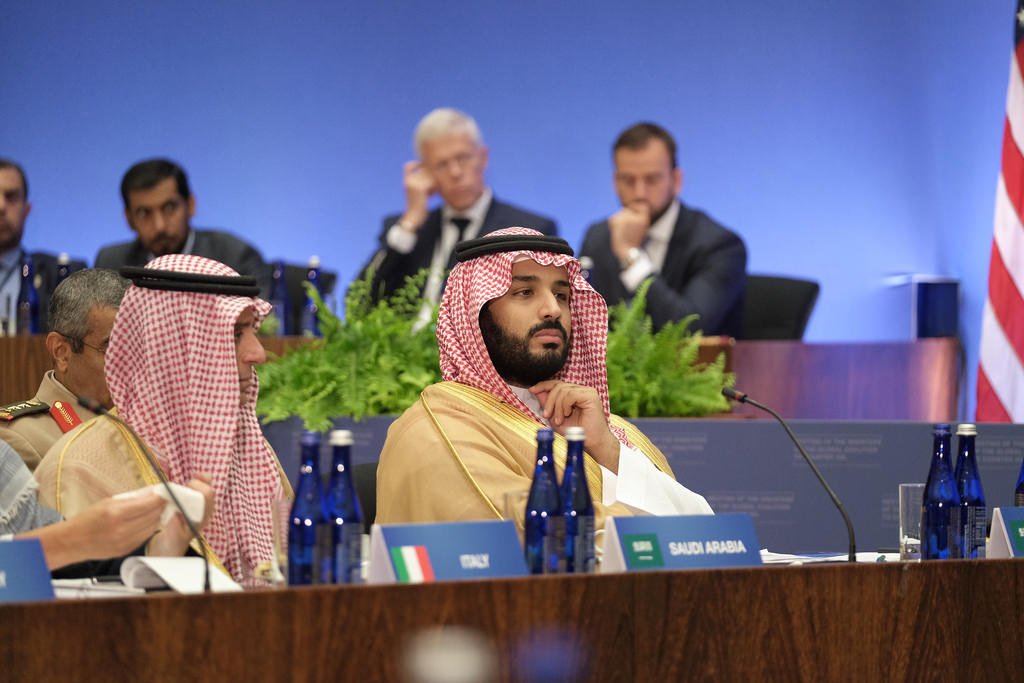
Saudi Crown Prince Mohammed bin Salman has won the first rou.....
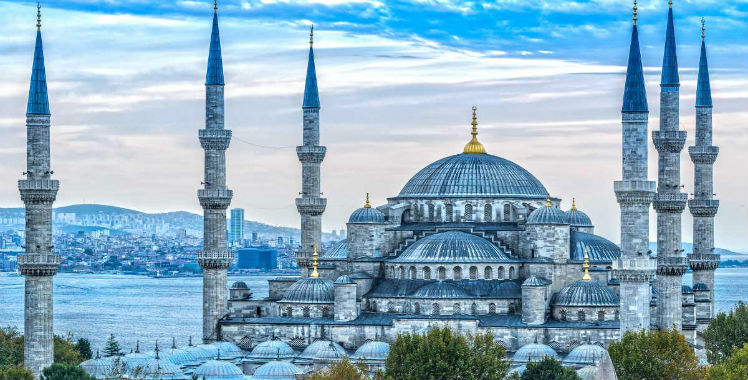
The egregious violation of freedom of the press in Turkey has reached a mammoth proportion that places Turkey .....
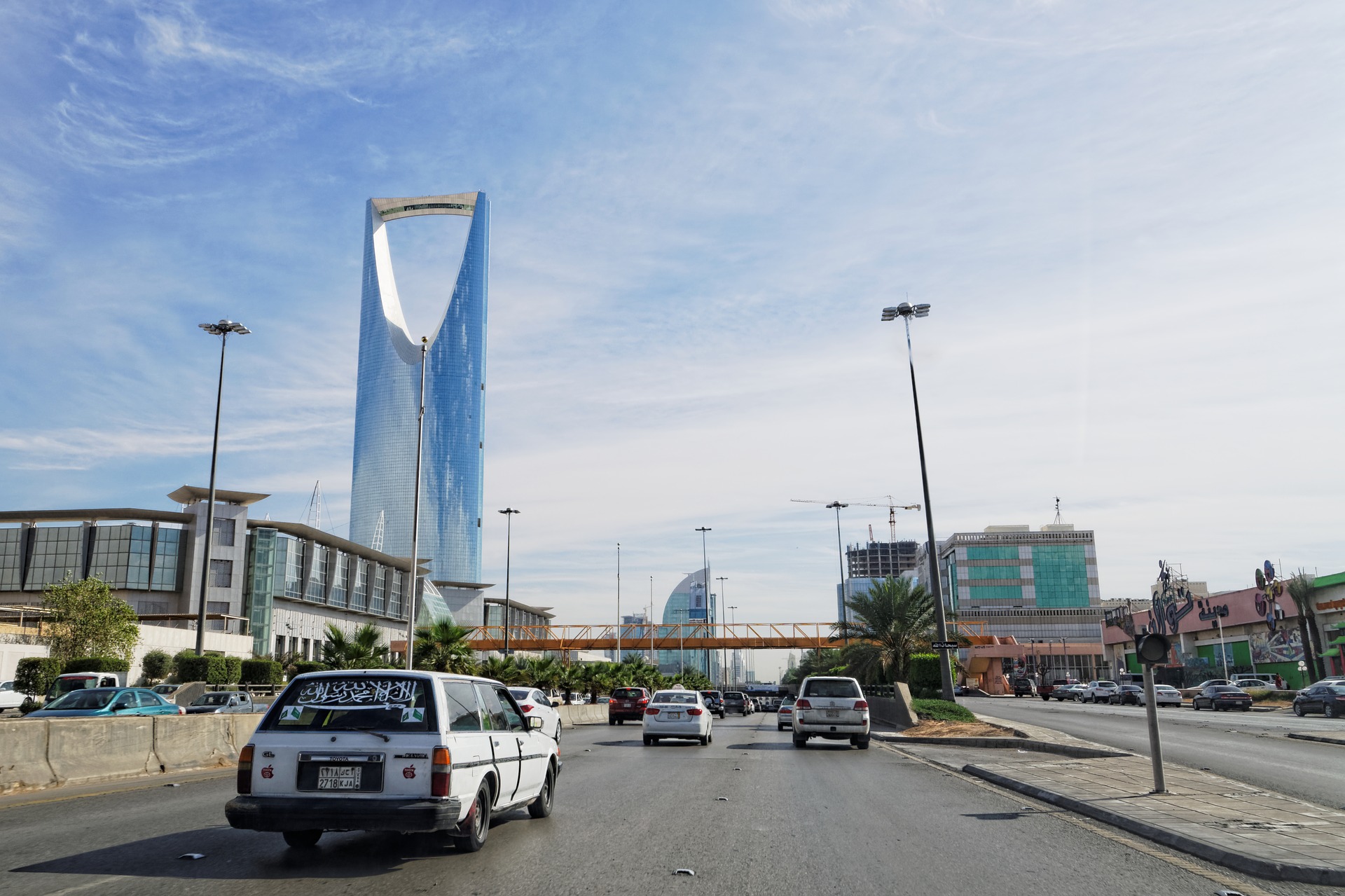
Kuwaiti billionaire Maan al-Sanea should have seen it coming after Saudi Crown Prince Mohammed bin Salman vowe.....
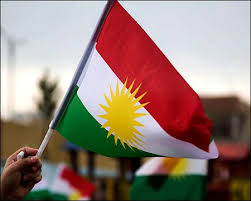
The Iraqi Kurds’ referendum that was conducted several weeks ago won an overwhelming majority in favour .....
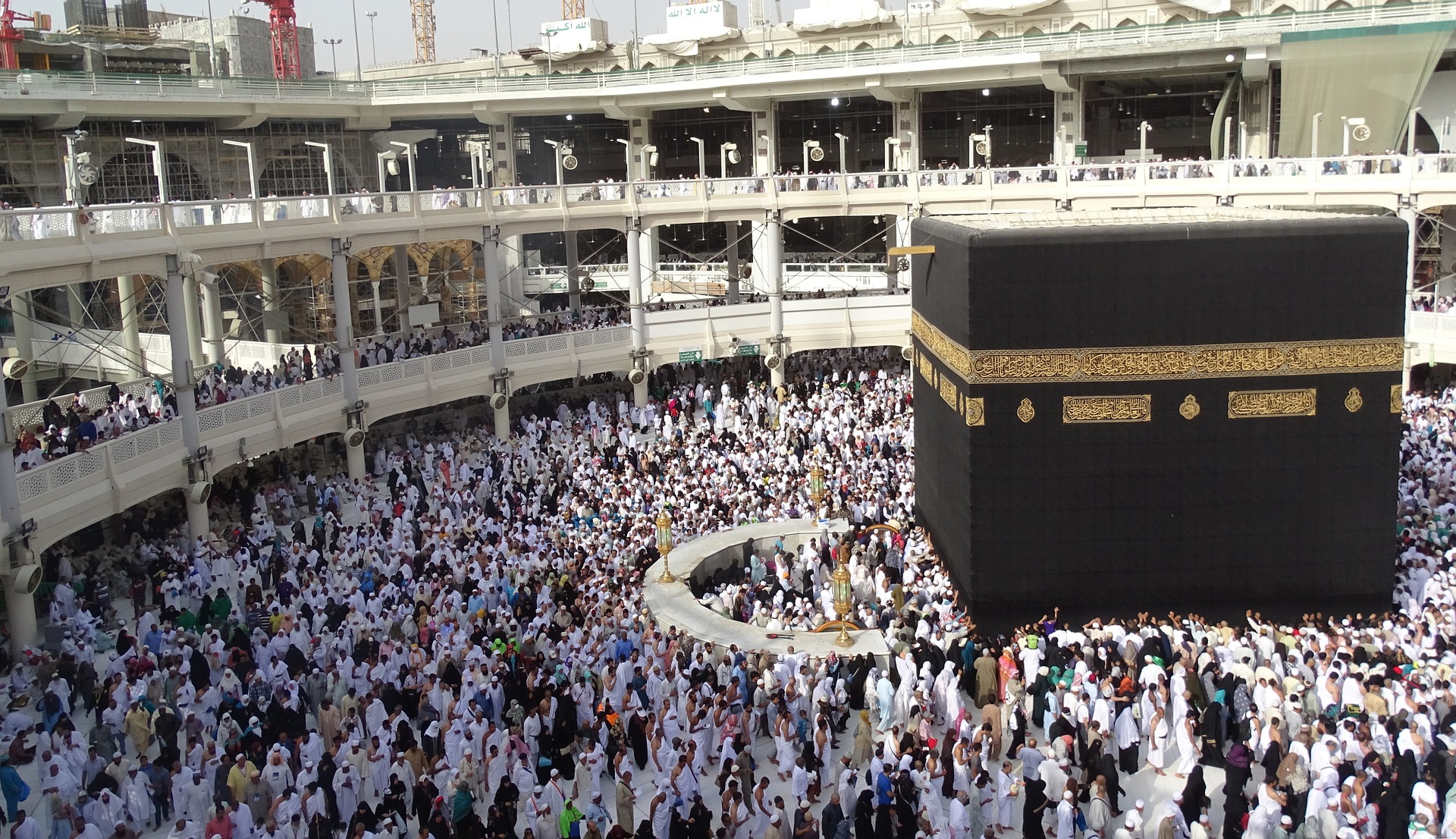
Long-standing Saudi efforts to dominate the pan-Arab media landscape appear to have moved into high gear with .....

